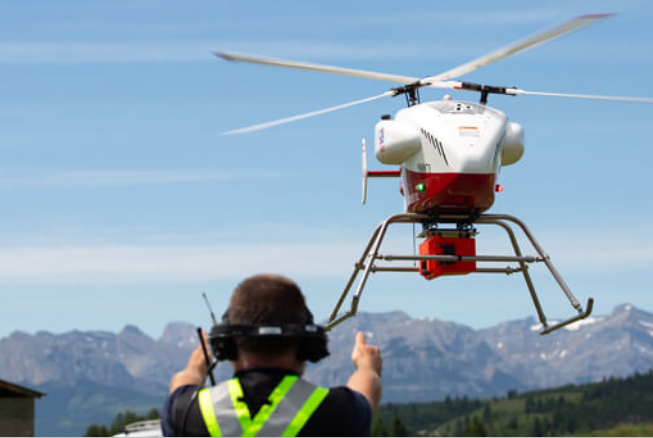Transport Canada and NAV CANADA have selected Variable Pitch Inc. and its consortium to participate in Phase 2 of the Remotely Piloted Aircraft Systems (RPAS) Traffic Management trials.
The project is intended to pave the way for real-world applications in healthcare logistics and infrastructure maintenance as well as laying foundations for the safe and scalable use of drones in Canada’s airspace.
“As advancements in drone technology continue to redefine aviation, air traffic management must also evolve for the safe and successful integration of RPAS into Canadian airspace,” said Ryan Coates, Executive Director of the RPAS Task Force at Transport Canada.
The Variable Pitch consortium is developing systems to safely integrate drones into existing airspace, enabling them to operate alongside conventional planes and helicopters. These new systems will ultimately allow drones to avoid collisions and navigate complex environments using radar, real-time weather data, and AI-driven traffic control.
“The second phase of trials will offer crucial experiential learning for the development of the Canadian RPAS Traffic Management system, enhancing the safe integration of Remotely Piloted Aircraft Systems,” said Alan Chapman, co-chair of the Trials Executive Steering Committee (TESC) and Director of RPAS Traffic Management at NAV CANADA. “Integrating third-party services and capabilities with NAV CANADA’s centralized services will ensure airspace safety while collaboratively advancing new use cases, including those that require beyond visual line of sight (BVLOS) operations.”
Led by Variable Pitch, the consortium includes High Lander Aviation (Israel), Accipiter Radar (Canada), TruWeather (US), InDro Robotics (Canada), Dimetor (Austria), Speedbird Aero (Brazil), and Viasat Inc. (US).
For more information




